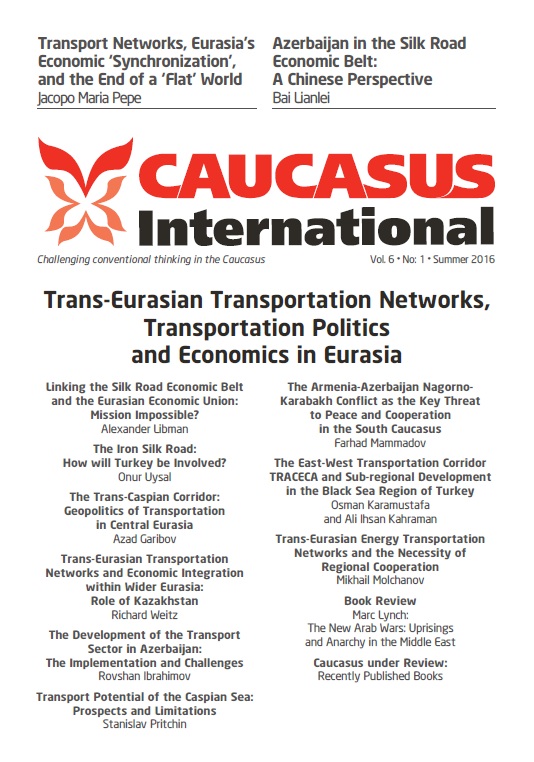The Armenia-Azerbaijan Nagorno-Karabakh Conflict as the Key Threat to Peace and Cooperation in the South Caucasus
Among the conflicts in the South Caucasus, the Armenia-Azerbaijan Nagorno-Karabakh conflict is undoubtedly the most complex, as well as the most dangerous conflict. It holds the most serious security and humanitarian implications not only for the South Caucasus, but also for the whole Eurasian region. The 23-year-old peace process, led by the OSCE Minsk Group, has so far failed to deliver peace and stability to the region. Impeded by problems such as lack of commitment, focus on conflict management instead of conflict resolutions, intergovernmental nature and rotating chairmanship of the organization, the OSCE is failing to address the resurgence of violence in this simmering conflict. Taking advantage of the shortcoming of OSCE Minsk Group’s peace efforts, Armenia has refused to make any compromises for the sake of peace. During the recent negotiations in Vienna and St. Petersburg, the presidents of Azerbaijan and Armenia agreed on the phased resolution of the conflict, creating hope that the deadlock would be broken and the peace process would be reactivated. However, the danger remains that if the peace process fails again, the resumption of violence will become inevitable and renewed war will have serious regional and global repercussions.
Latest news
- 03/17/2020 Call for Submission: “Non-Alignment Movement and Its Perspective in International Affairs”. Deadline: 1 July 2020 2575 views
Popular articles
- 02/24/2020 The Role of Irredentism in Russia’s Foreign Policy 2492 views
- 02/24/2020 Construction of sub-national identity vis-à-vis parent state: Gagauz case in Moldova 2175 views
- 02/24/2020 The Conflict in Ukraine - The Geopolitics of Separatism and Divergent Identities (Commentary) 2031 views
- 02/24/2020 The Role of the Soviet Past in Contemporary Georgia 2005 views





